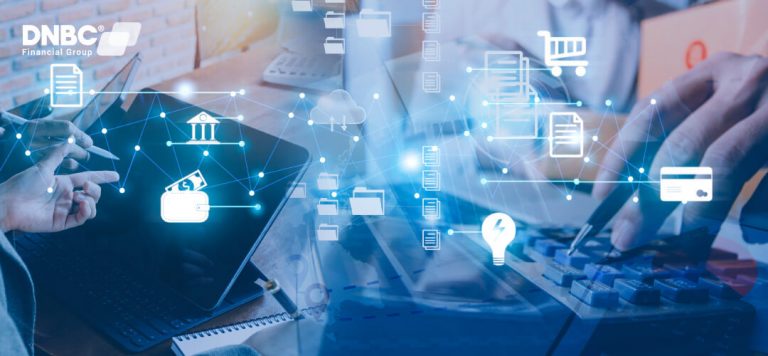Recipient bank accounts are really essential for receiving payments and funds from other parties.
They provide a secure and reliable way for individuals and businesses to receive money, and can be used for various purposes, such as paying bills, making purchases, or saving for the future.
We will make an in-depth discovery about recipient banks and some related information.
What is recipient bank account?
A recipient bank account is a bank account that receives money from another bank account. It can be your own account or someone else’s account, depending on the purpose of the transaction.
For example, if you want to send money to a friend or a family member, you need to know their recipient bank account details, such as the account number, the bank name, the branch code, and the SWIFT code.
If you want to receive money from someone else, you need to provide them with your recipient bank account details.
What is recipient bank account?
How to transfer money to a recipient bank account?
There are different ways to transfer money to a recipient bank account, depending on the amount, the currency, the destination, and the speed of the transaction.
Some of the common methods are:
Wire transfer
This is a fast and secure way to send money internationally. You need to visit your bank branch or use online banking to initiate a wire transfer. You will need to provide the recipient’s name, address, and bank account details, as well as the amount and currency of the transfer.
The sender’s bank will then communicate with the recipient’s bank through a network of correspondent banks and transfer the funds electronically.
The recipient will usually receive the money within one to five business days, depending on the country and the bank.
However, wire transfers can be expensive, as both the sender and the recipient may have to pay fees and exchange rate charges.
ACH transfer
This is a low-cost and convenient way to send money domestically within the US. ACH stands for Automated Clearing House, which is a system that processes electronic payments between banks. You can use online banking or a mobile app to initiate an ACH transfer.
You will need to provide the recipient’s name and bank account number, as well as the amount of the transfer. The sender’s bank will then debit the amount from your account and send it to the recipient’s bank through the ACH network.
The recipient will usually receive the money within one to three business days. ACH transfers are free or have minimal fees for most banks.
Online payment service
This is a convenient and flexible way to send money online or through a mobile app. You can use an online payment service such as DNBC Financial Group, PayPal, Venmo, Zelle, or Cash App to transfer money to a recipient bank account.
You will need to create an account with the service provider and link your bank account or debit card.
You will also need to know the recipient’s email address or phone number that is linked to their account with the same service provider. You can then send money instantly or within minutes by entering the amount and confirming the transaction.
The recipient can then withdraw the money to their bank account or use it for other purposes. Online payment services are usually free or have low fees for personal transactions.
In general, these are some of the common ways to transfer money to a recipient bank account. Depending on your needs and preferences, you can choose the method that suits you best.
However, before you send money to anyone, make sure you verify their identity and legitimacy, and avoid any scams or frauds that may try to trick you into sending money to a wrong or fake account.
DNBC Financial Group is your trusted provider in international money transfer
- Get 100% free 1-on-1 support
- 100% free account opening
- Seamless onboarding process
Or please contact DNBC
Email: [email protected]
Phone Number:
- +65 6572 8885 (Office)
- +1 604 227 7007 (Hotline Canada)
- +65 8442 3474 (WhatsApp)


 DNBC Team
DNBC Team







